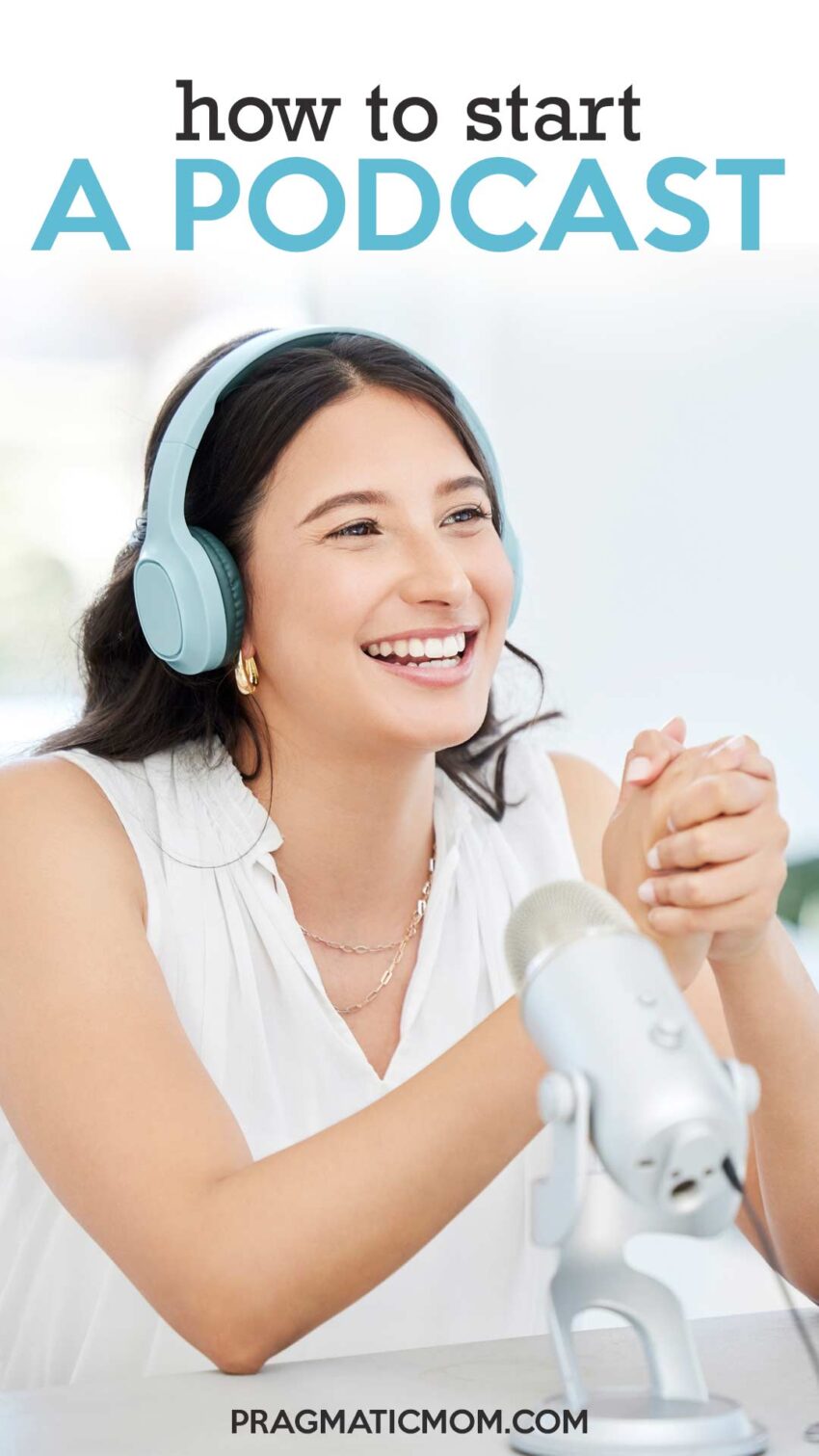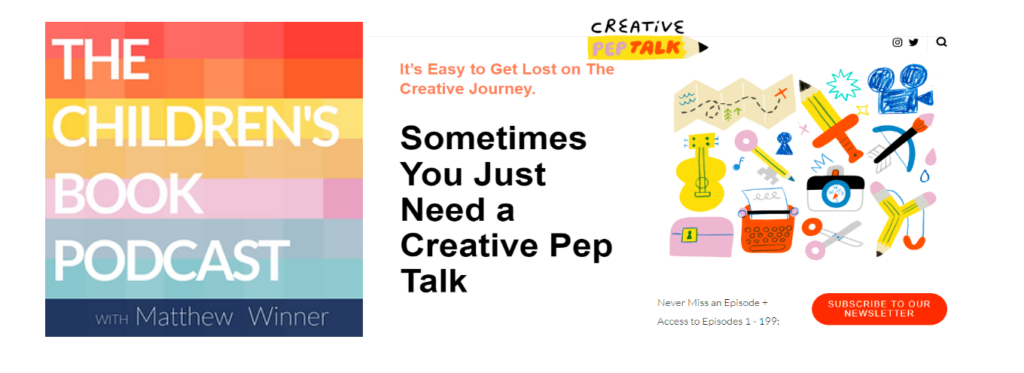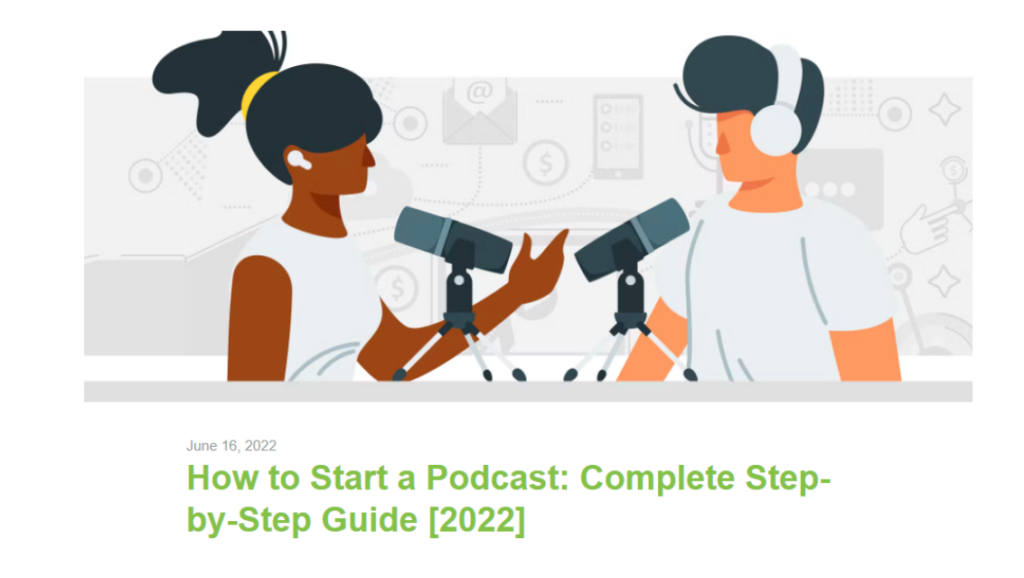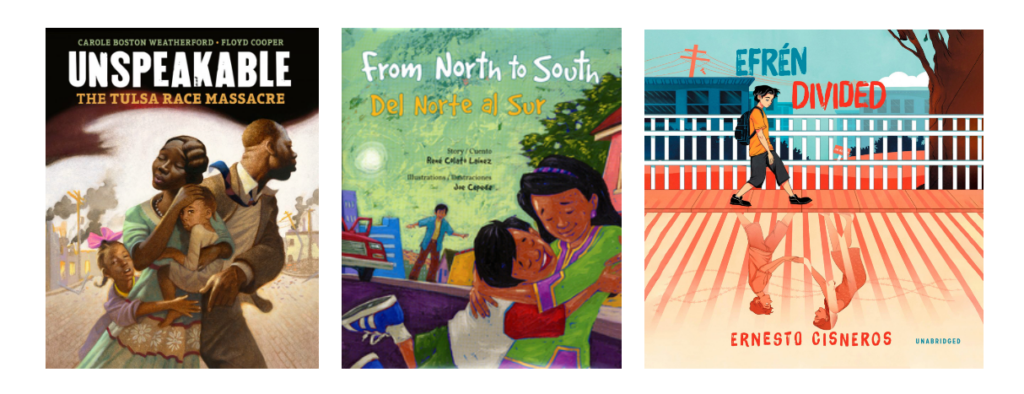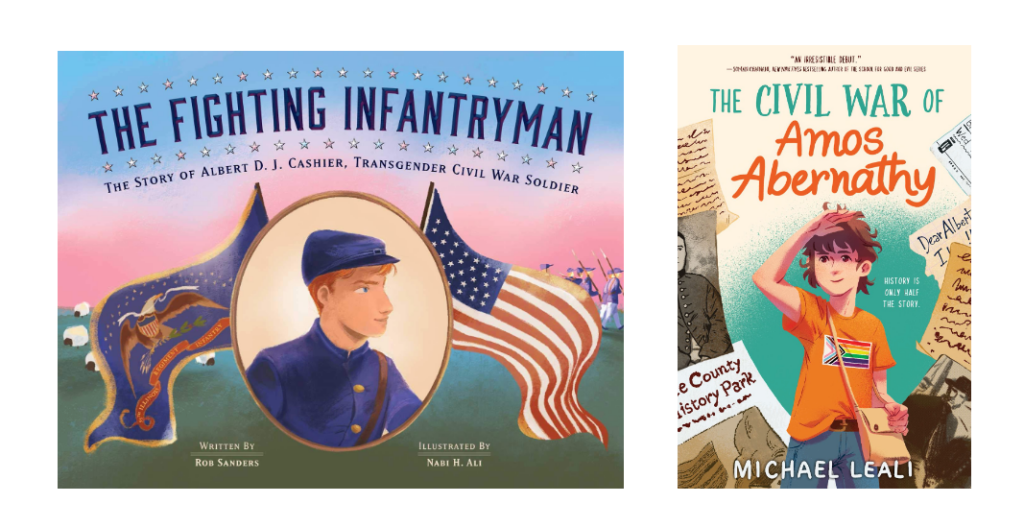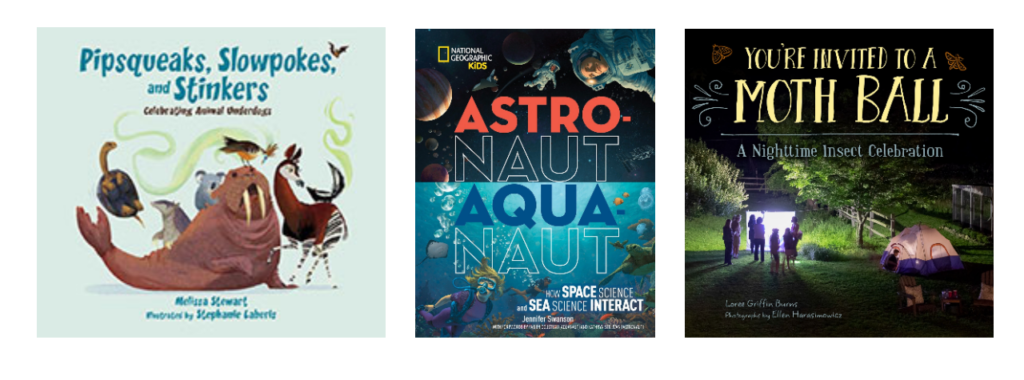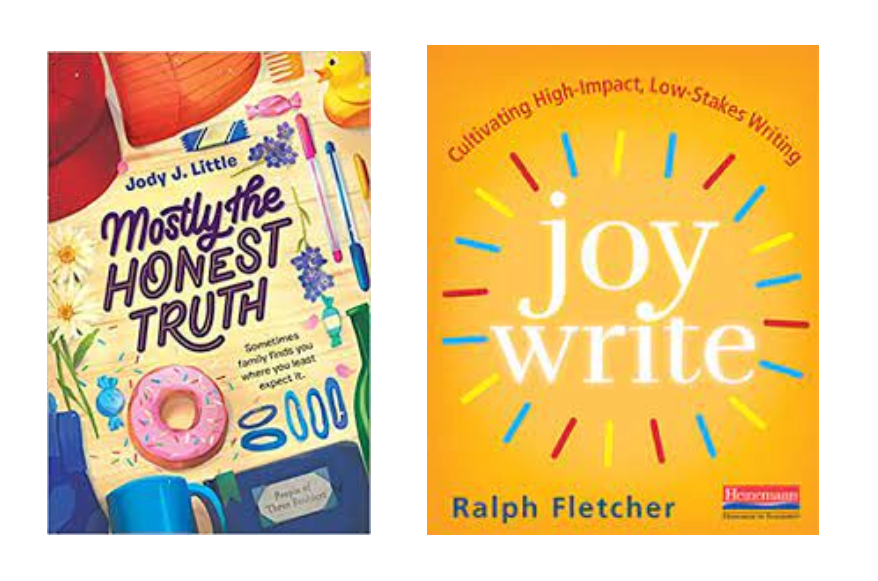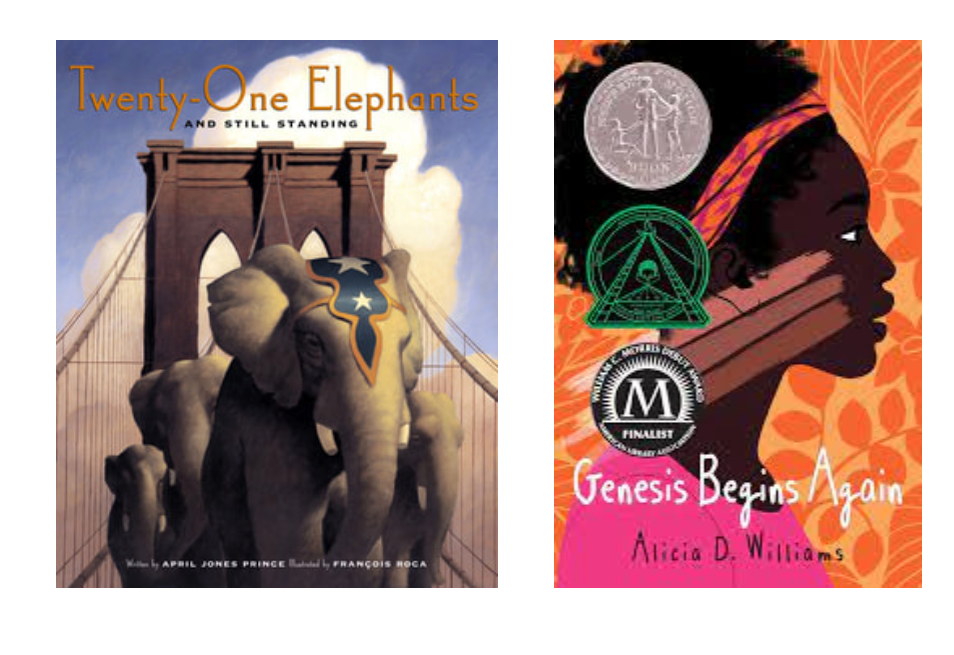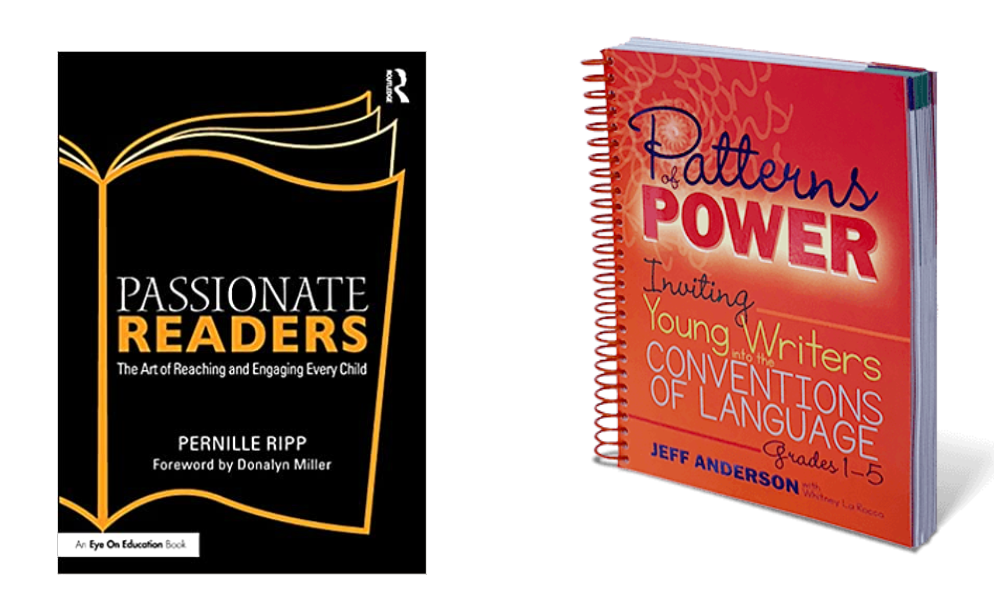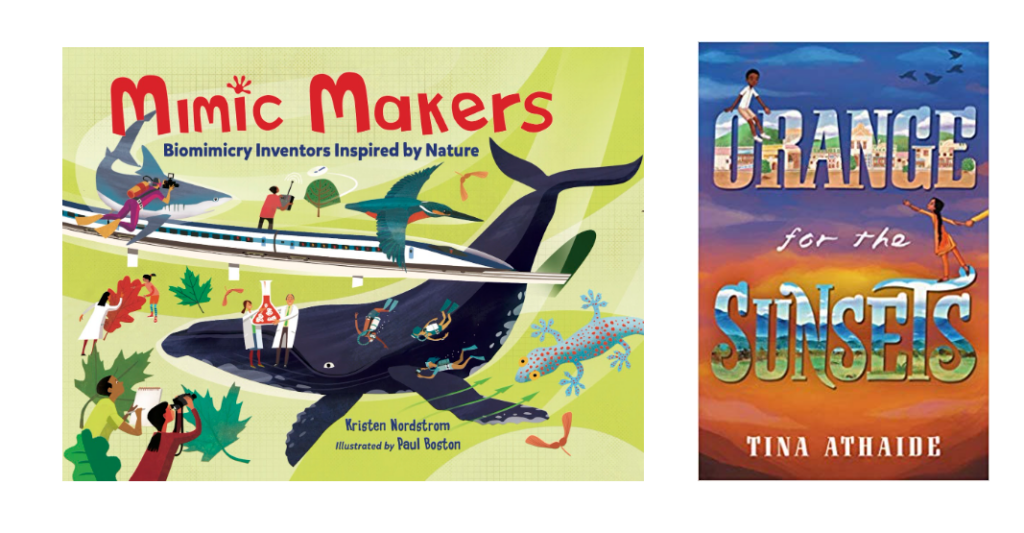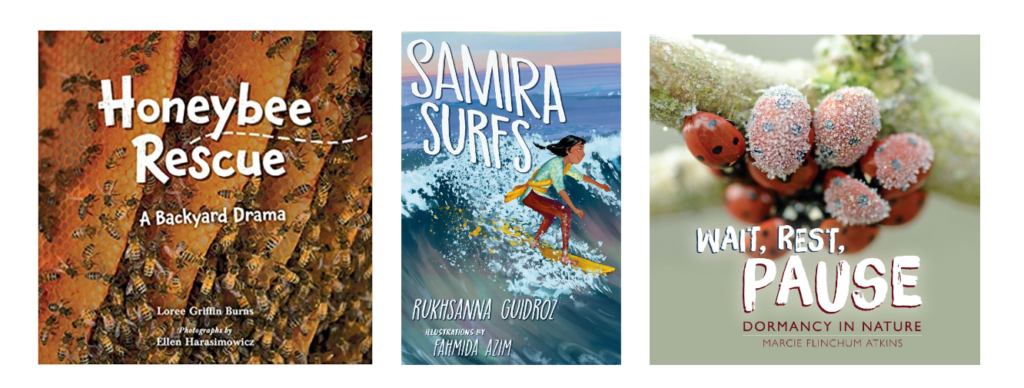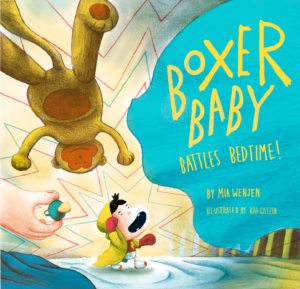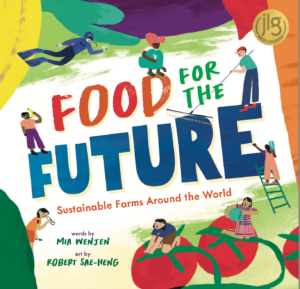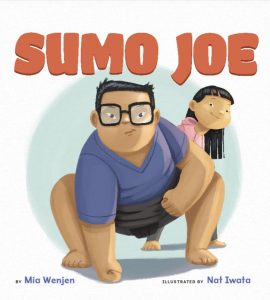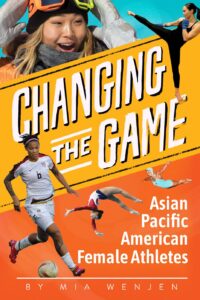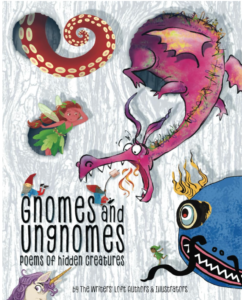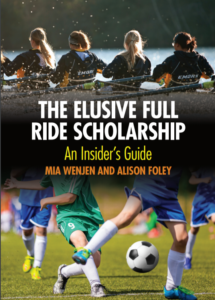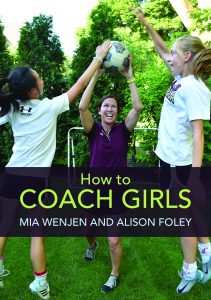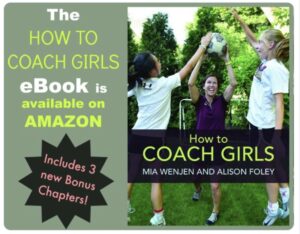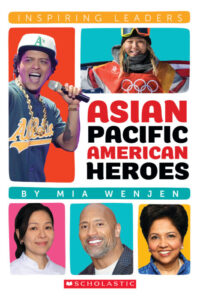I was so delighted to meet Kate Narita at Rajani LaRocca’s Red, White and Whole celebration. I don’t know too much about podcasts so I am so happy to have Kate explain how she started her podcast, Chalk + Ink!
——–
First off let me just say that I am in no way a podcast expert. If you are looking to read an article written by someone who has a super successful monetized podcast, stop reading right now. That doesn’t describe my accomplishment.
However, I have started a podcast, Chalk + Ink: The Podcast for Teachers Who Write and Writers Who Teach, that has made me a better listener, teacher, and writer.
So, if you’re interested in becoming a better listener, teacher and/or writer, keep reading. Or if there’s a niche that you’re super excited about that no one else is exploring, then you’ll also want to keep reading.
I never had any intention of starting a podcast. Then, one day I discovered them. First, I started listening to Matthew Winner’s podcast All The Wonders which is now The Children’s Book Podcast. Next, on Twitter, children’s book author, Jess Keating, tweeted about Andy J. Pizza’s podcast, Creative Pep Talk.
All of the sudden, I found myself anticipating my daily commute to school because I could once again listen to one of these podcasts. I felt as if I were sharing a cup of coffee and a cozy conversation about interesting topics with friends, and I wanted more.
But still, I never considered starting a podcast myself, until I attended Northern New England nErD Camp. I had the absolute pleasure of being on an author panel with Rajani LaRocca, Jarrett Lerner, and Linda Mullaly Hunt. A participant raised her hand and asked me, the only author/teacher on the panel, “Aren’t you afraid that writing every morning is going to make you a worse teacher?”
I responded by saying, “You mean because I’m spending time on my creativity instead of planning for the upcoming day in the classroom?”
She nodded.
“No,” I said. “Writing makes me a better teacher. I can share my own writing process with my students, I can share personal tidbits about authors because I know them, and I’m leading by example-following my own dream.”
She started to cry.
That’s when I knew I had to start a podcast. There had to be more than one teacher out there who felt like they couldn’t follow their own personal dream of becoming a writer because it would take their energy away from prepping for the school day. I wanted teachers to know that if they pursued their writing dream, they’d become better teachers, as well as better writers. I figured the best way to do that would be to interview teachers who write and writers who teach to show people that it is possible to pursue two careers simultaneously.
How did I do it? I spent the summer of 2020 following Buzzsprout’s “How to Start a Podcast” steps. Really, it’s that simple.
What I’ve learned from starting Chalk + Ink isn’t simple. It’s not possible to encompass everything I’ve learned in one blog post. But I’ll try to break it down into a few digestible chunks.
First of all, I’ve learned a ton about history and current events. Whenever I prepare for an interview, I read many of my guests’ books. I read Unspeakable by Carole Boston Weatherford and learned about the horrors of the Tulsa Race Massacre and one more unimaginable event that black people have had to overcome in this country. I read Waiting for Papá/Esperando a Papá by René Colato Laínez and Efrén Divided by Ernesto Cisneros and now I have a better understanding of how poverty and the fear of deportation affects students and their families.
I read The Fighting Infantryman by Rob Sanders and The Civil War of Amos Abernathy by Michael Leali and found out about the historical contributions of LGBTQ+ people to our history as well as became more informed about how discrimination and exclusion holds us back as a society. These are just a few of the historical and current event tidbits I’ve gleaned from reading my guests’ work.
Not all of my guests write about history, lots of them write about science. So, I’ve picked up STEM tidbits along the way, too. I read Pipsqueaks, Slowpokes, and Stinkers by Melissa Stewart and discovered not only that animals called okapis and hoatzins exist but that they have some pretty nifty survival traits, too. I read Astronaut, Aquanaut by Jen Swanson and found out that the ocean and space have much more in common than I had ever imagined. I gleaned tips on how to host a moth ball from reading You’re Invited to a Moth Ball by Loree Griffin Burns. Again, I’m just skimming the surface of the STEM facts I’ve picked up since starting my podcast adventure.
My teaching has improved tremendously because I’m constantly integrating new activities into our daily classroom routines based on tips I receive from guests. When Jody Little, author of Mostly the Honest Truth, told me about Joy Write by Ralph Fletcher, I started “just-for-fun” writing notebooks that go home with a different student each week.
April Jones Prince, author of Twenty-One Elephants and Still Standing, taught me how to bring olfactory senses into writers’ workshop. Alicia D. Williams, author of Genesis Begins Again, gave me tips to get students up and moving to get their creative juices flowing before they began writing.
In addition to activities, hosting the podcast has caused philosophical shifts in the way I teach. Thanks to Pernille Ripp’s Passionate Readers I now give student surveys that help me be a more responsive teacher. Thanks to Whitney LaRocca and Jeff Anderson instead of completing occasional grammar worksheets, the Patterns of Power have been incorporated into our morning work routine. Yep, you know what’s coming… these are just a few ways that hosting Chalk + Ink has made me a better teacher.
Chalk + Ink has made me a better writer, too. For years, I feared interviewing people. But when Kristen Nordstrom, the author of Mimic Makers, talked about how she knew she had to start interviewing experts in order to take her writing to the next level, I knew I had to face that fear, too. The funny thing is just two weeks earlier, Tina Athaide had also explained how conducting interviews for her historical fiction novel, Orange for the Sunsets, had also catapulted her writing to the next level. It was as if the universe was trying to tell me something. So, I listened. This summer I’ve conducted nine interviews. Of course, this is only one of many ways podcasting has made me a better writer. For more writing tips, check out the top ten writing tips from season one and from season two.
Finally, what podcasting has taught me most of all is how to truly listen to what people are saying. I have the same basic questions I ask every guest. If I only asked those same questions time after time, my listenership wouldn’t have doubled my second season.
But it did.
That’s because I pay close attention to every answer my guests give. I think about what my listeners want to know. How do I know what my listeners need? I know because I am one of them.
I am a writer.
I am a teacher.
So, I dig deep. I ask my guests exactly how they organize their notebooks(check out Loree Griffin Burns’ episode) or how specifically they set up their plot grids(check out Rukhsanna Guidroz’s episode) or what it is exactly that they do when they read their own picture book dummy aloud(check out Marcie Flinchum Atkins’ episode). I listen and I learn.
If you’re thinking about starting a podcast, think about the following questions before you get started:
1. Who do you want to help?
-Podcasts help people by providing focused information in an entertaining, heartfelt way. Identify your target audience before you get started.
2. What do you want to learn?
-You will become an expert in your podcast topic. So, only start a podcast about topics you love.
3. Where will you find the time?
-Podcasting takes a ton of time. How much is a ton? At least ten hours per interview episode, and that’s when everything goes smoothly. Each interview episode consists of research, the interview, the podcast production, and writing the show notes. If it’s a compilation of tips episode, it takes me about thirty hours to put that product together. So, if you’re looking for something to do for a couple of hours a week, keep looking. Podcasting isn’t the right choice.
4. When will be a good time to launch your podcast?
-Consistency is key. If you don’t want to commit to podcasting weekly for the rest of your life, think about creating podcast seasons. So, if you’re going to have an alpine skiing podcast, your podcast season might run from October till April-totally guessing about the time frame since I’m not an alpine skier! And, I know those dates would be different if your target audience is in the Southern Hemisphere. You get the point though, right?!
5. Why do you want to start a podcast?
-Remember, if you want to make money, there’s an easier, softer way.
-If you want to make connections with people in your field, go for it.
-If you love in-depth discussions about a specific topic, get started.
-If you enjoy helping others, podcasting is one way to do it.
6. How do I start a podcast?
-Look I’m sure there are a ton of ways to start a podcast, but I can only talk about the way I started my podcast. Since I have anxiety when I have to learn new technology, I needed someone to lay it out for me step-by-step which is exactly what Buzzsprout did for me.
Finally, all good podcast episodes end with a strong call to action. Here’s one for you. Did you enjoy this post? Did you find it helpful? Are there questions you want answered that I didn’t address? If so, contact me or leave a comment below. I want to hear from you. I really do.
Kate Palaces Narita is the author of 100 Bugs! A Counting Book and the host of Chalk + Ink: The Podcast for Teachers Who Write and Writers Who Teach. When she’s not out and about driving, teaching, or visiting her adult sons, Kate lives, writes, and hikes on Mt. Wachusett. While she has lived in Illinois, Wisconsin, Chile, and Japan, she calls Princeton, Massachusetts home.
p.s. Related posts:
Catching Up with Matthew Winner, Head of Podcasts at A KIDS BOOK ABOUT!
New Storytelling Podcast: #circleround
Sumo Joe on The Children’s Book Podcast with Matthew Winner
I’m on Living Your Greatness Podcast with Ben Mumme
I’m Thrilled to be on Nerdacity Podcast for Multicultural Children’s Book Day
My co-author Alison Foley will be on OVER THE BALL PODCAST!
Tackling College Sports podcast for The Elusive Full Ride Scholarship Book Launch!
To examine any book more closely at Indiebound or Amazon, please click on image of book.
As an Amazon and IndieBound Associate, I earn from qualifying purchases.
Follow PragmaticMom’s board Multicultural Books for Kids on Pinterest.
Follow PragmaticMom’s board Children’s Book Activities on Pinterest.
My books:
Food for the Future: Sustainable Farms Around the World
- Junior Library Guild Gold selection
- Selected as one of 100 Outstanding Picture Books of 2023 by dPICTUS and featured at the Bologna Children’s Book Fair
- Starred review from School Library Journal
- Chicago Library’s Best of the Best
- Imagination Soup’s 35 Best Nonfiction Books of 2023 for Kids
Amazon / Barefoot Books / Signed or Inscribed by Me

